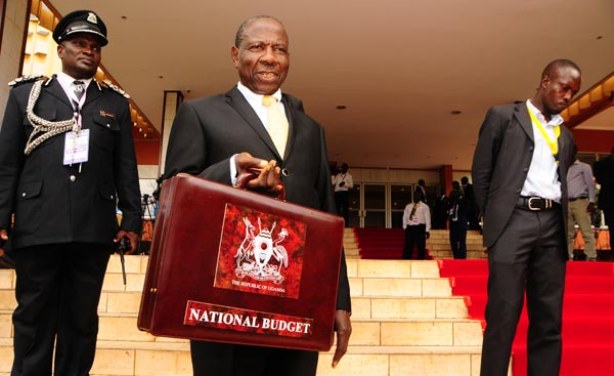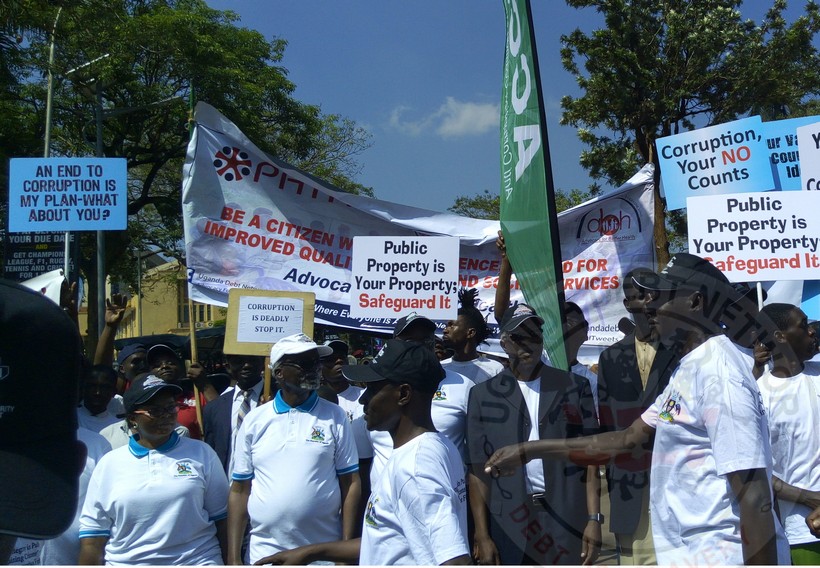
The recent media talk about proposed private company bailouts in Uganda was at first shrouded but later erupted when the purported list of the 66 companies seeking bailouts from Government was allegedly leaked to the public. The said companies needed a total of 13 trillion shillings to bail out their distraught businesses which, according to the owners was due to the high interest rates and non-payment of arrears by Government inter-alia.
The Ministry of Finance,Planning and Economic Development as well as Bank of Uganda have continuously revealed that there is not enough money for Government to bailout these companies but the President in his remarks has always emphasized the need to bailout a few businessmen that are involved in exportation of goods and services to South Sudan.
Bailouts are generally not bad if handled in a positive way. With clear guidelines, this would be a good and welcome move. A good example is the case of the US Government’s Troubled Assets Relief Program (TARP) following the 2008 global financial crisis, 963 financial firms were selected under the TARP on the basis of their implication on the US economy and this was done through transparent policy criterion.
Bailing out the proposed companies in Uganda is however criticized because there is no standard procedure set out to guide the process and a yardstick to determine who qualifies for such bailout. Such a move would be welcome if it were a sector targeted intervention, if such companies have been big contributors to the economy in terms of tax ,employment creation. Other key factors to consider are the general state of the economy and its performance. For our case the entire economy is distressed, how then do we even begin to bail out some companies!
Government of Uganda has, in the past, bailed out or handled cases similar to the proposed 1.3 trillion shillings for instance; The non-performing loans of the former Uganda Commercial Bank under the Non-Performing Assets Recovery Trust (N-PART) from 1995; In 2004 President Museveni directed Bank of Uganda to bail out Mr Basajjabalaba with 21 billion shillings of taxpayers’ money ; In 2005, Mr. Museveni ordered a 13.4 billion shillings tax waiver for Mr. Bassajjabala. None of this had a positive impact to the economy.
On the contrary, in the 2013-2014 case of a local investment, Sembuule Steel Mills that was said to have a bank debt of 7 billion shillings for capital development with Bank of Baroda failed to raise the money to pay back the debt. While the plant was said to be worth UGX 50 billion the bank took over the ownership of this company, Government did not grant the plant’s request for bail out.
It is therefore imperative that Government avoids rushing to the aid of these companies but first conducts a reflection of what the problem is, how deep it has become and what the most probable solution would be in the circumstances.Government efforts should be channeled towards improving the general performance of the economy and the suitability of the economic environment must be reviewed urgently. Otherwise, bailing out some companies can only be likened to taking a painkiller to manage pain rather than dealing with the actual problem which, in this case remains and manifests later in even greater intensity.












